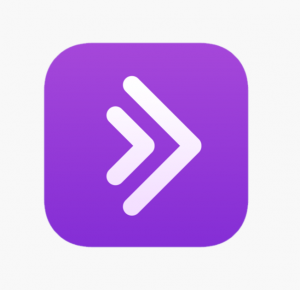You may wish to use live online sessions for:
- An active learning session that incorporates class or small group discussion, questioning and collaborative exercises, building upon student knowledge acquisition from their reading, learning materials and asynchronous resources
- Fostering a sense of cohort identity and community by conducting online tutorials where students can ask questions, express concerns and get to know their teacher and peers
- Having direct 1:1 communication with students online in the form of tutorials or virtual office hours where social distancing or absence from campus makes it difficult to communicate in person
Approaches to live online sessions
An online session without interactivity at its core can easily become a passive learning experience for learners as they may be more vulnerable to environmental distractions outside the classroom and may experience greater cognitive load.
An effective live online session could incorporate some or all of the following components:
- Short segments of teacher-led presentation
- Discussion using audio and video between students and teacher, or using text-based chat moderated by the teacher
- Small collaborative activities to collect ideas and opinions, such as collective use of whiteboards and annotation
- Breakout group exercises where students are separated into smaller rooms, to research and discuss something together
- Small presentations from students on their application of topics or theory in scenario-based exercises
- Voting and poll-based feedback exercises on questions or topics
- Open student-led question & answer exercises
- Group or individual tutorials and meetings
Tools for hosting live online sessions
The university has access to two primary platforms that can accommodate live online sessions:
Microsoft Teams
This platform is available through Office 365 or from a corresponding desktop application and can be used by all staff and students at the university with their account credentials.
- Audio / video enabled with microphones and webcams

- Presentation through sharing of PowerPoint slides or sharing screens
- Whiteboard for collaborative annotation and collection of ideas
- Can be recorded for revision
- Guest attendees permitted through external link (for those outside of the university to join)
- Up to 250 participants
Blackboard Collaborate Ultra
This platform has been at the university for several years now and has been used by a number of colleagues across different schools to engage and teach their students in a variety of circumstances. Functionally it is very similar to Microsoft Teams and is accessible through Blackboard Courses.
- Audio / video enabled with microphones and webcams

- Presentation through sharing of PowerPoint slides or sharing screens
- Whiteboard for collaborative annotation and collection of ideas
- Can be recorded for revision
- Guest attendees permitted through external link (for those outside of the university to join)
- Up to 250 participants
- Breakout groups for "in-class" group discussion and exercises
- Polling and feedback functionality
See: Blackboard Collaborate at the University | Blackboard Collaborate Help Index
